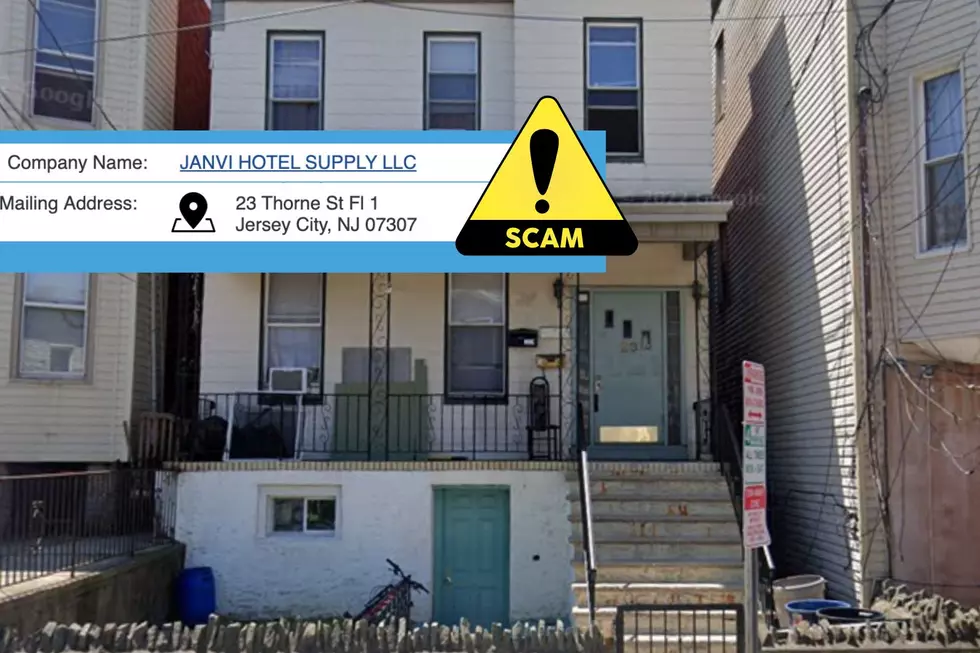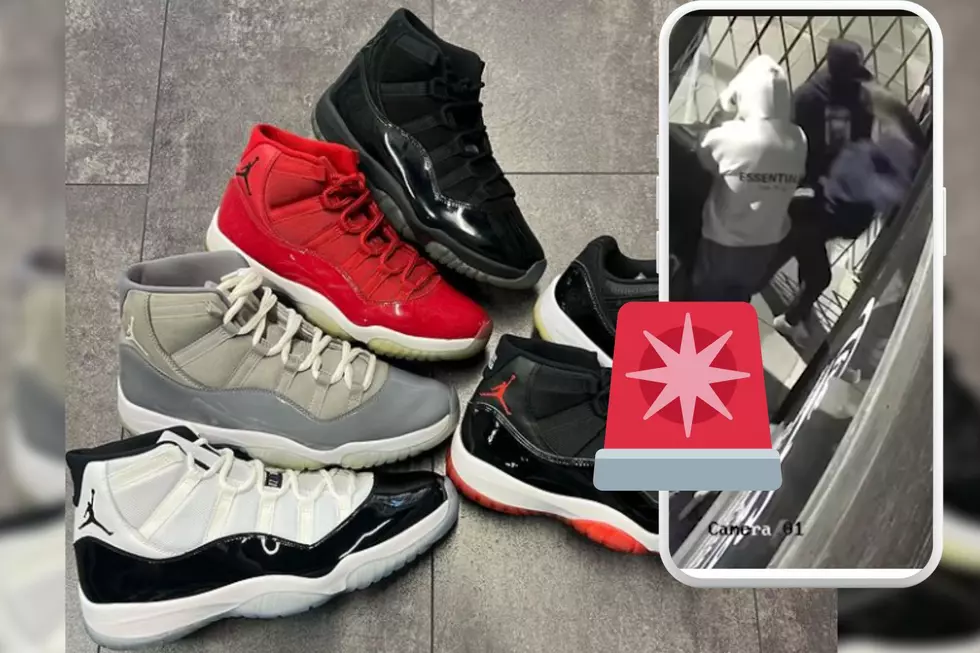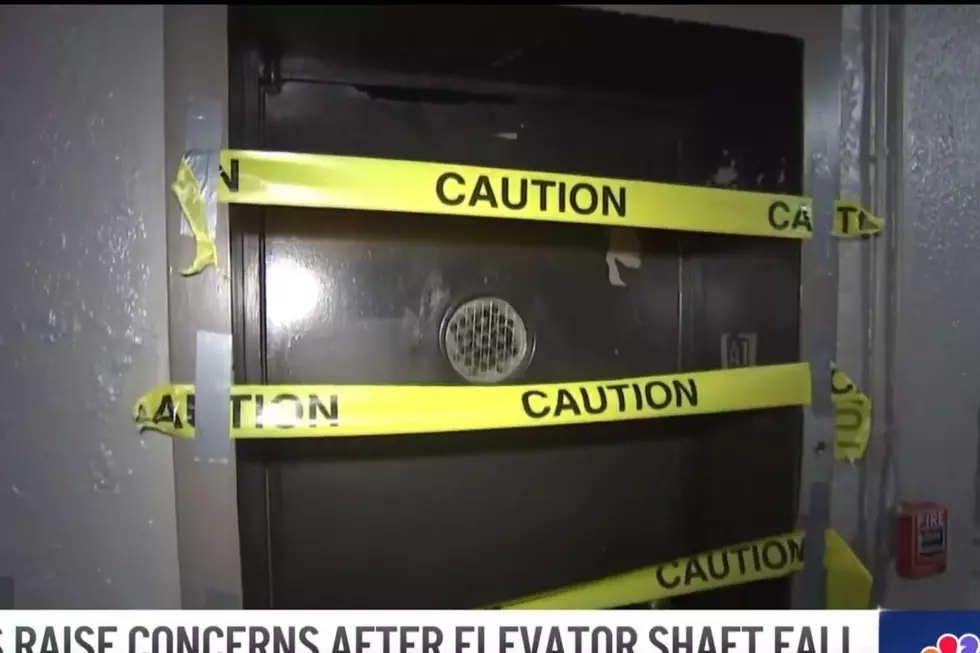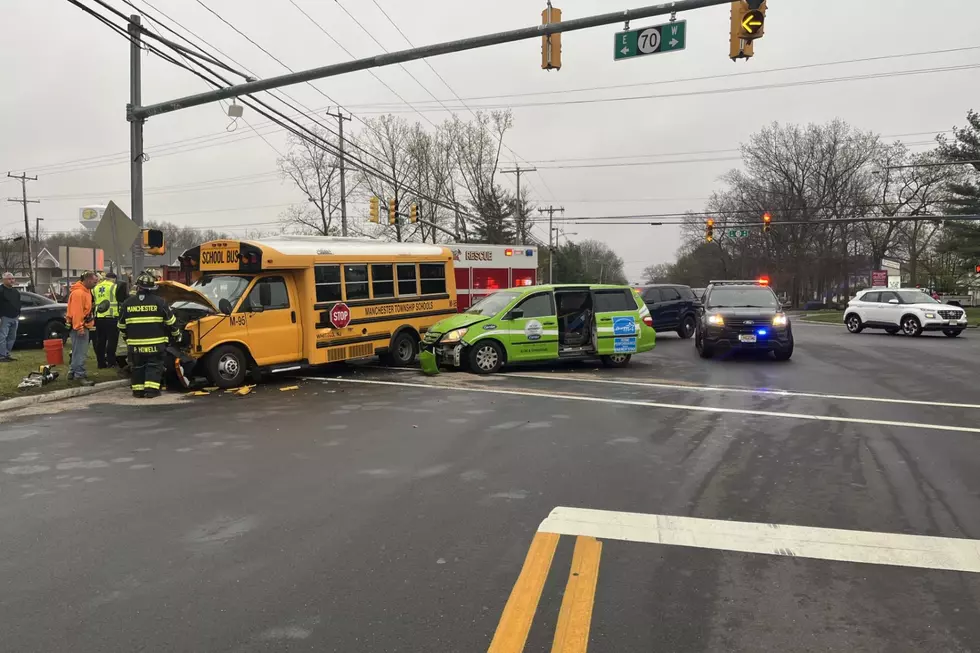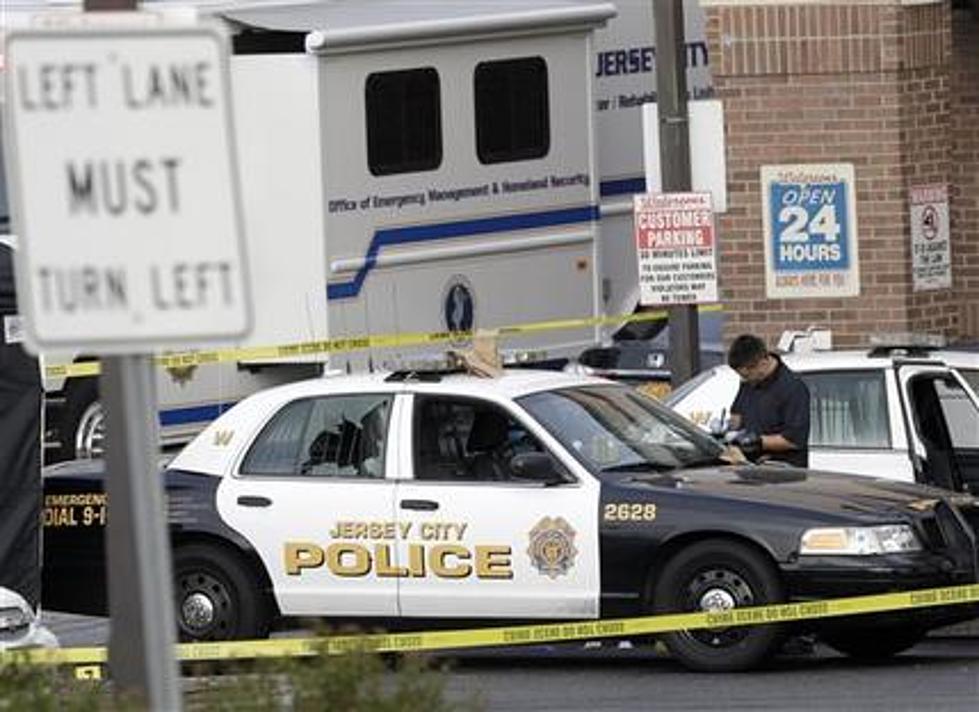
Once lacking, Jersey City now a model for police diversity
In two years, Jersey City's police department has gone from having just one ranking black officer to being looked at by other cities as a model for rapid diversification.
The department used a legal settlement last year to bypass eligibility lists and promote nine minority officers. It then promoted 75 more, including the city's first Muslim detective.
It opened a recruiting center modeled on a Marine Corps center in the heart of one of its predominantly black neighborhoods and added police exam prep classes.
And it has also shown flexibility in allowing applicants with a relatively minor criminal offense, like a decade-old marijuana possession charge, to remain eligible.
Mayor Steven Fulop took office as mayor in July 2013 and saw the lack of minorities in management as a telling sign of the police department's lack of diversity.
"It doesn't take a genius to recognize that there is an inherent problem in that," said Fulop, a Democrat. "And so we, over the last two years, have been more proactive probably than any city in taking the steps to make sure our police department starts to resemble the diversity that Jersey City is."
Shifting immigration patterns have transformed Jersey City into one of the most diverse cities in the U.S., with a population that is 27.6 percent Latino, 25.8 percent black and 23.7 percent Asian.
Over the past five years, Jersey City has increased the percentage of black, Hispanic and Asian officers in a police department Fulop said had been long dominated by generations of white police officers.
Irish and Italian immigrants were followed into the force by their children and grandchildren, Fulop said, breeding familiarity with the job, its culture and demands from an early age.
"We're still very much an immigrant community, but we're a much more diverse community today," Fulop said. "The police department, as in many places, has lacked the changes that have been happening with the general population."
Fulop's administration has hired 120 officers. About 70 percent of them have been minorities, including 15 black, 58 Hispanic and 10 Asian officers.
Last month, the city swore in 32 new officers, including 16 Hispanic, seven black and three Asian officers.
Other cities are taking notice. Jersey City officials say they're getting calls from mayors and police chiefs, mostly in New Jersey, looking for pointers on diversity.
"I don't think it's something that you're going to correct in one year, because it's been decades getting us into this place," Fulop said.
One of Jersey City's new black officers, Victor Ransom, said putting more minority officers on the streets will inspire future generations of minorities to sign up.
"If I see someone who looks like me doing it, that means I can do it," Ransom said. "If I don't see anyone who looks like me doing it, that means maybe that's not for me. That leads back to the children in my community now, the teenagers, even the adults. They can have something where, `OK, I can shoot for that now."'
(Copyright 2015 The Associated Press. All rights reserved. This material may not be published, broadcast, rewritten or redistributed.)
More From New Jersey 101.5 FM
